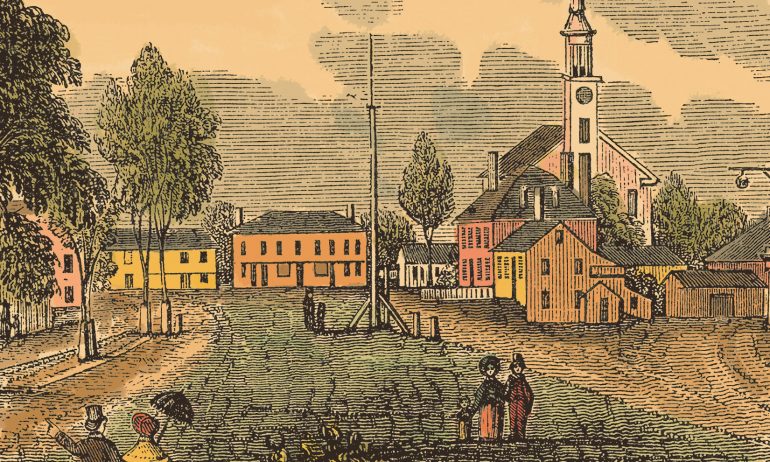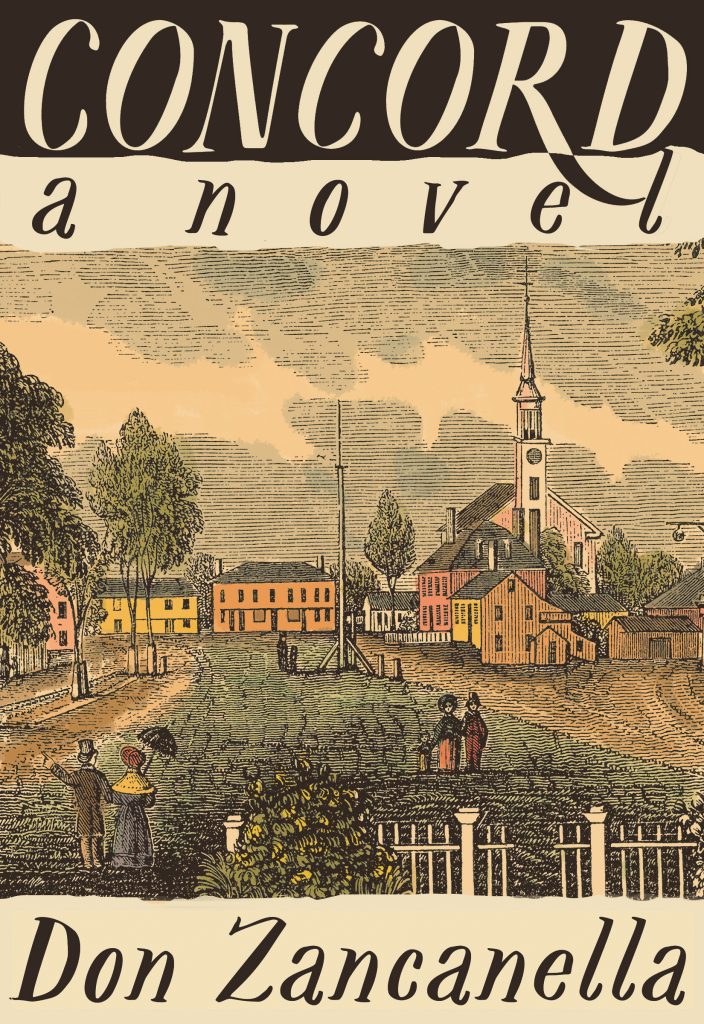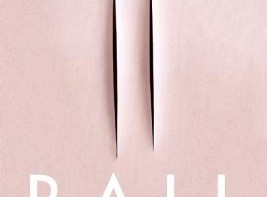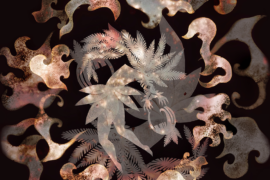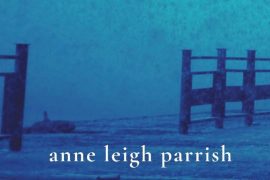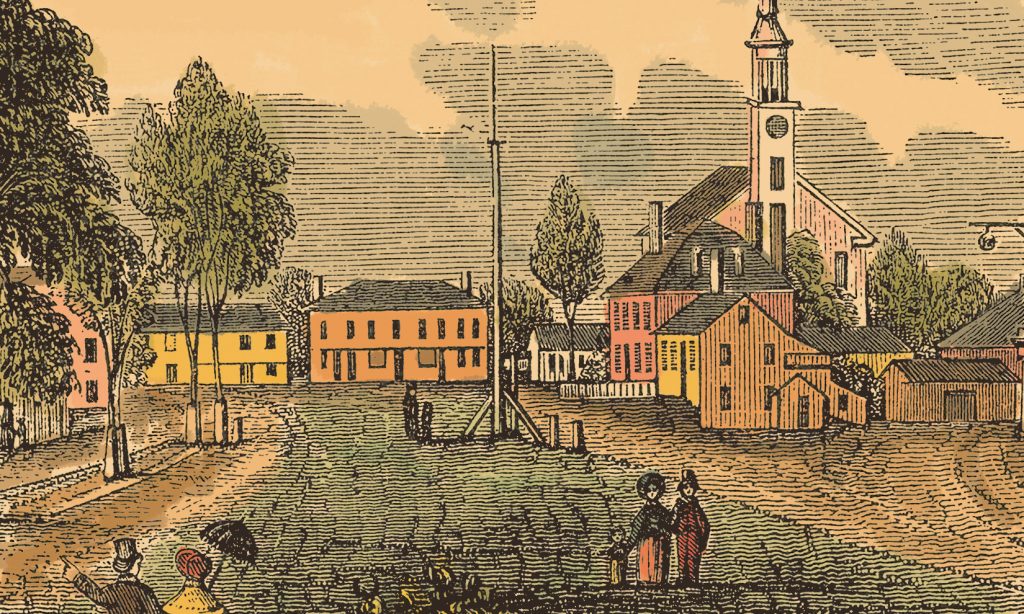
Welcome to another installment of If My Book, the Monkeybicycle feature in which authors shed light on their recently released books by comparing them to weird things. This week Don Zancanella writes about his new novel, Concord, out now from Serving House Books.
If Concord were a Do-It-Yourself manual, you’d buy it to learn about building a boat, running a bookshop/lending library, sculpting a bust, catching fish with your bare hands, editing a literary journal that gets terrible reviews, operating a school, making pencils, and shoveling manure (which Nathaniel Hawthorne spent a good deal of time doing at Brook Farm).
If Concord were a detective novel, the detective would be Elizabeth Peabody, the oldest of the remarkable Peabody sisters of Boston. Like a New England Miss Marple, she would know what was happening before anyone else and if she didn’t know, she’d find out. Everyone would be a suspect, everyone would have interesting eccentricities—it would be difficult to find a more eccentric group than the Transcendentalists—and, when you closed the book, you’d have the feeling that Elizabeth was aware of even more deep secrets than she’d revealed.
If Concord were a fantasy novel, Ralph Waldo Emerson would be a wizard, Margaret Fuller would be a witch, Henry Thoreau would be an elf, Nathaniel Hawthorne would be Viggo Mortensen, and Sophia Peabody would be the human girl who is more magical than anyone by virtue of her ability to use the power of love. (When I was about halfway through writing the novel, I proposed this concept to my wife who is my first and best reader. She glanced up from her book, shook her head, and said, “No.”)
If Concord were a work of history, it would be the kind focusing on a single town, published by a small, regional press—the kind you see in museum bookshops. A Short History of Boise. Augusta: History of Southern Town. When you read it, you’d start out thinking, “I suppose this is interesting to the people who live there . . .” But suddenly, before you were very many pages in, you’d find yourself thinking, “These people were remarkable! This place was remarkable! I should have paid more attention in my eleventh grade American literature class!”
If Concord were a biography, it would be a group biography like F.O. Matthiessen’s The James Family, Leo Damrosch’s The Club: Johnson, Boswell, and the Friends Who Shaped an Age, or David Hajdu’s Positively 4th Street: The Lives and Times of Joan Baez, Bob Dylan, Mimi Baez Fariña, and Richard Fariña. Especially Positively Fourth Street because CONCORD is about a group of famous artists before any of them were famous.
If Concord were a poetry anthology it would begin and end with a poem Henry Thoreau said he was going to write but never actually wrote: “I think I should write a poem to be called ‘Concord.’ For argument I should have the River, the Woods, the Ponds, the Hills, the Fields, the Swamps and Meadows, the Streets and Buildings, and the Villagers. Then Morning, Noon, and Evening, Spring, Summer, Autumn, and Winter, Night, Indian Summer, and the Mountains in the Horizon” (Thoreau’s Journal, September 4, 1841).
Don Zancanella is the author of CONCORD (Serving House Books) and WESTERN ELECTRIC (University of Iowa Press). He won the John S. Simmons/Iowa Short Fiction Award and an O.Henry Prize. One of his stories was cited as a distinguished story of the year in the 2019 Best American Short Stories, and another has been nominated for a Pushcart Prize. He has published widely in literary magazines. He was born in Laramie, Wyoming, and has lived in Virginia, Colorado, Missouri, and New Mexico, where he taught at the University of New Mexico. He now lives in Boise, Idaho, with his wife and their rescue dogs. Follow him on Twitter at @DonZancanella.

